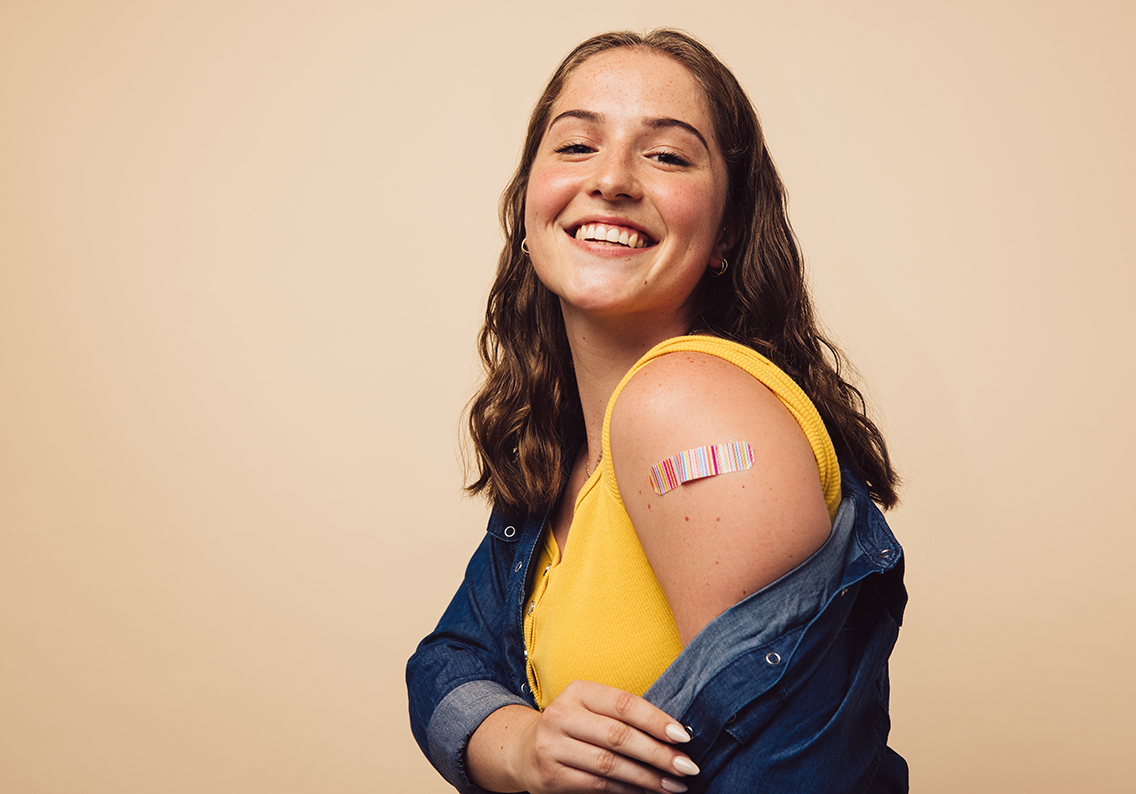Vaccine Trials in Plano and Dallas: Join Our Research
Vaccines have been one of the greatest breakthroughs in public health, helping to control or even eradicate diseases like smallpox, polio, and more recently, COVID-19. As new viruses emerge, the need for continuous vaccine research becomes increasingly urgent. Researchers are actively studying potential vaccines for various diseases, including investigating outbreaks like avian influenza, which could lead to widespread human transmission. With Vaccine Trials Plano and Vaccine Trials Dallas, volunteers can actively participate in this vital research that could help shape the future of public health.
At Vaccine Trials Dallas and Vaccine Trials Plano, innovative research is underway to develop vaccines that could combat new strains of viruses and diseases that continue to threaten global health.
Participate in Advanced Vaccine Research in Plano & Dallas
Debunking Myths about Vaccine Trials
Many people hesitate to join vaccine trials due to misconceptions about their safety or effectiveness. However, Vaccine Trials Plano and Vaccine Trials Dallas are held to the highest standards, with strict protocols in place to ensure participant safety. By the time a vaccine reaches the clinical trial phase, it has undergone years of rigorous research, including lab tests and smaller clinical studies.
Myth #1: Vaccine Trials Are Unsafe
Vaccine trials follow a comprehensive process to ensure safety. The seven stages of vaccine development, from initial research to post-approval monitoring, provide thorough oversight before human trials begin. At Vaccine Trials Dallas, these trials involve multiple phases of testing, ensuring that participants are exposed to minimal risk, as vaccines are carefully tested for safety and efficacy.
Myth #2: Participants Can Get Infected or Experience Harmful Side Effects
Vaccines used in clinical trials are designed to prevent, not induce, diseases. The vaccines go through extensive testing to ensure they are safe and effective. During Vaccine Trials Plano, participants are carefully screened to minimize exposure to any disease, ensuring that the trials are conducted under the safest conditions possible. Side effects are typically mild, such as temporary fatigue or soreness, and the risk of severe reactions is minimal.
Myth #3: Vaccine Trials Are Only for Healthy People
Many assume that vaccine trials are exclusively for healthy individuals, but that’s not the case. At Vaccine Trials Dallas, participants with various health backgrounds may be eligible for certain trials, depending on the specific requirements. Ensuring diversity in trials helps researchers understand how vaccines perform in a broad range of individuals, from those with chronic conditions to healthy volunteers.
Myth #4: There Are No Personal Benefits to Joining Vaccine Trials
While contributing to important medical research is invaluable, participants in Vaccine Trials Plano and Vaccine Trials Dallas can also benefit personally. They may receive early access to potentially life-saving vaccines and have the opportunity to receive expert medical care throughout the trial. This dedicated attention often leads to higher standards of care than those available outside of clinical trials.
Why Choose Aim Trials for Vaccine Research?
At Aim Trials, we are proud to lead Vaccine Trials Plano and Vaccine Trials Dallas, partnering on Phase 2-4 studies for various vaccines, including those for RSV, influenza, meningococcal disease, and COVID-19. Our team is committed to providing accurate data and ensuring the safety and wellbeing of all participants. With a robust database of over 20,000 patients from diverse demographics, we are equipped to recruit participants for a wide variety of vaccine trials, ensuring that these trials reflect real-world effectiveness.
If you’re interested in contributing to the future of healthcare, consider joining Vaccine Trials Plano or Vaccine Trials Dallas today. Contact us at [email protected] to learn more about current opportunities.
